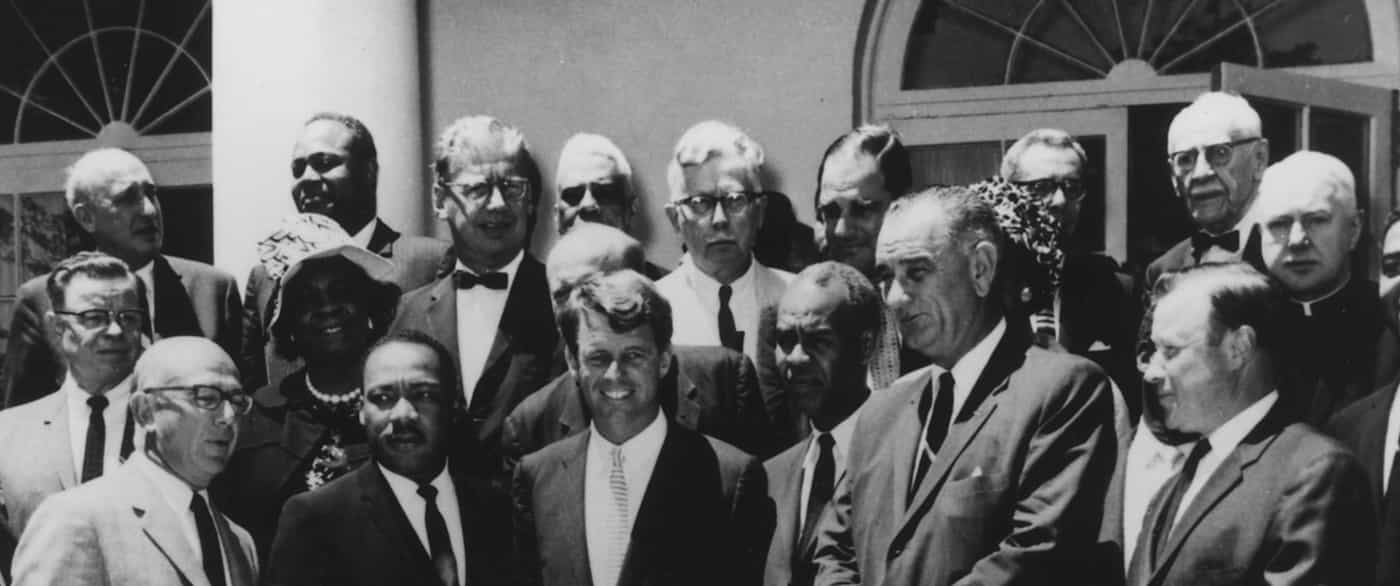“I have almost reached the regrettable conclusion that the Negro’s great stumbling block in his stride toward freedom is not the White Citizen’s Council-er or the Ku Klux Klanner, but the white moderate, who is more devoted to “order” than to justice;”- Dr. Martin Luther King Jr.
June 2020 was an awakening for many as America faced head-on an issue that it has struggled with for its entire history: deeply-rooted systemic racism. The senseless killings of Black men and women led to protests like I have never seen before in my life. I consider it to be a turning point for my generation. But there is a lot of work to be done.
This opinion piece is meant to start a conversation on white privilege and how anyone can be a better ally. The whole notion of white privilege relies on systemic racism. As a white person who carries privilege due to the color of my skin, I’ve recognized that it is my duty to help change the system that has given me an unfair advantage over others.
Check your privilege
The first step in becoming a better ally is to recognize that as a white person you have privilege due to the color of your skin. You will never have to fear for your life at a traffic stop. In the workplace, you will almost always see someone who looks like you (and you very well may be the majority in many cases). In job interviews and the hiring process, you may face an easier path than your Black counterpart. Realizing this is a crucial step to becoming a better ally.
Educate and listen
At the beginning of this year’s Martin Luther King Jr. Day of Learning, Student Government President Adam Scherman challenged all of us to be willing to openly listen. This is another crucial step in becoming a better ally. It will not be comfortable, but don’t take it personally, and be willing to listen when marginalized groups are speaking about their struggles. And when there’s no one to listen to, it’s time to educate yourself on the issues that matter.
If you want someplace to start, check out the video below, which features a conversation with Emmy-winning filmmaker, Trey Ellis.
It takes all of us
Recently I have felt inspired and compelled to add something to the conversation, and I hope this inspires some of our readers to engage in those difficult conversations surrounding racial issues with family and friends. Maybe you, like myself, have previously fallen victim to complacency in a system that puts Black people at a disadvantage. We all are not perfect, so it’s okay that this happened, but now we all need to realize the need to push forward in demanding a more just society.
People are more likely to be willing to listen to someone that they are comfortable with, so as white people, we need to encourage everyone to hop on board and actively push for justice and equality for our Black colleagues and friends. The sooner the white majority accepts this, the sooner we can start to see significant change.
To end this piece I ask our readers the same question that Dr. King himself posed: “What am I doing to push the arc of history towards justice?” (credit to today’s keynote speaker Trey Ellis for exposing me to this quote).
To read about a prominent white ally from our Capital community, see our story on the late Robert S. Graetz here.



One thought on “Opinion: White allyship takes all of us”